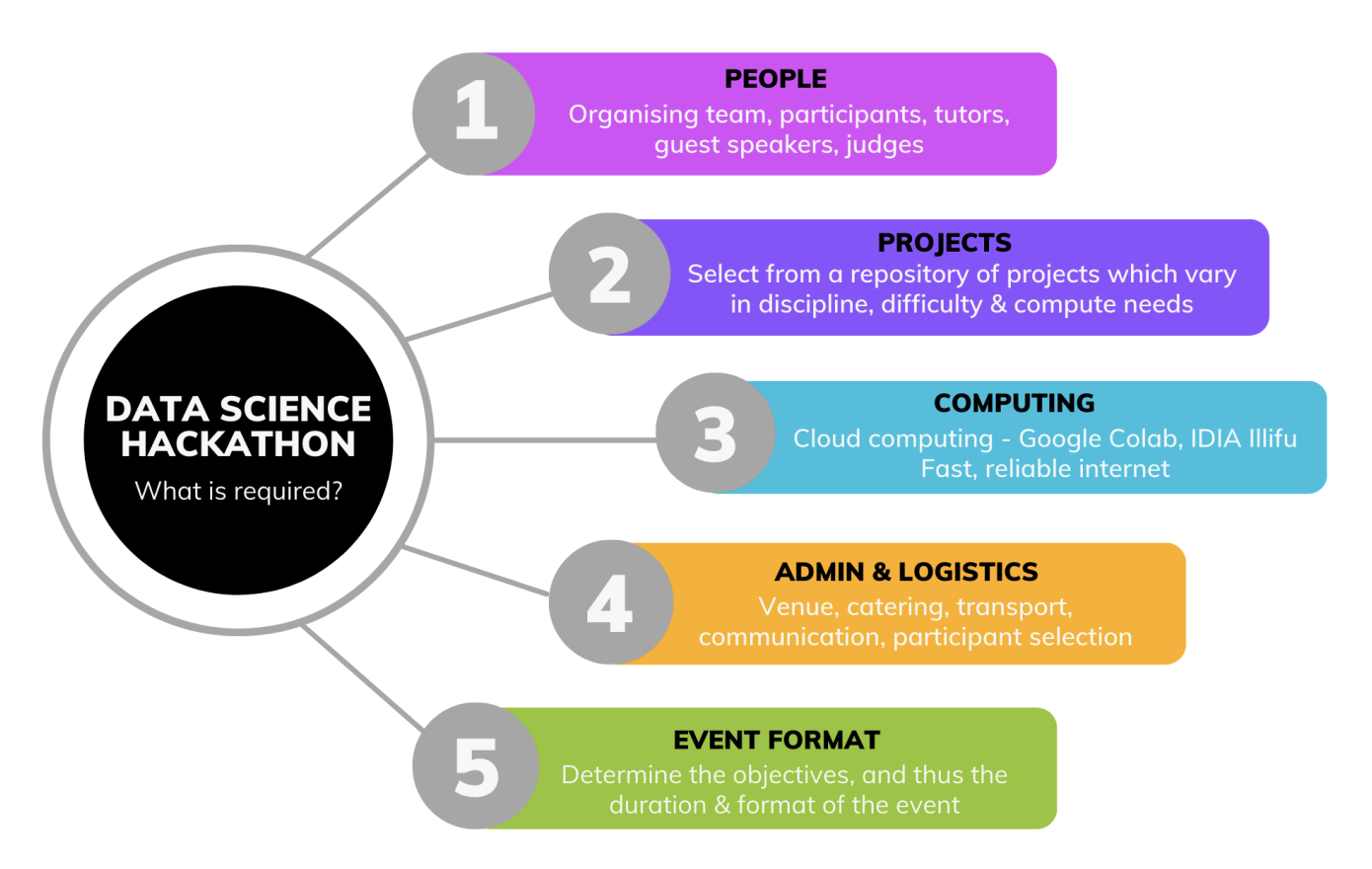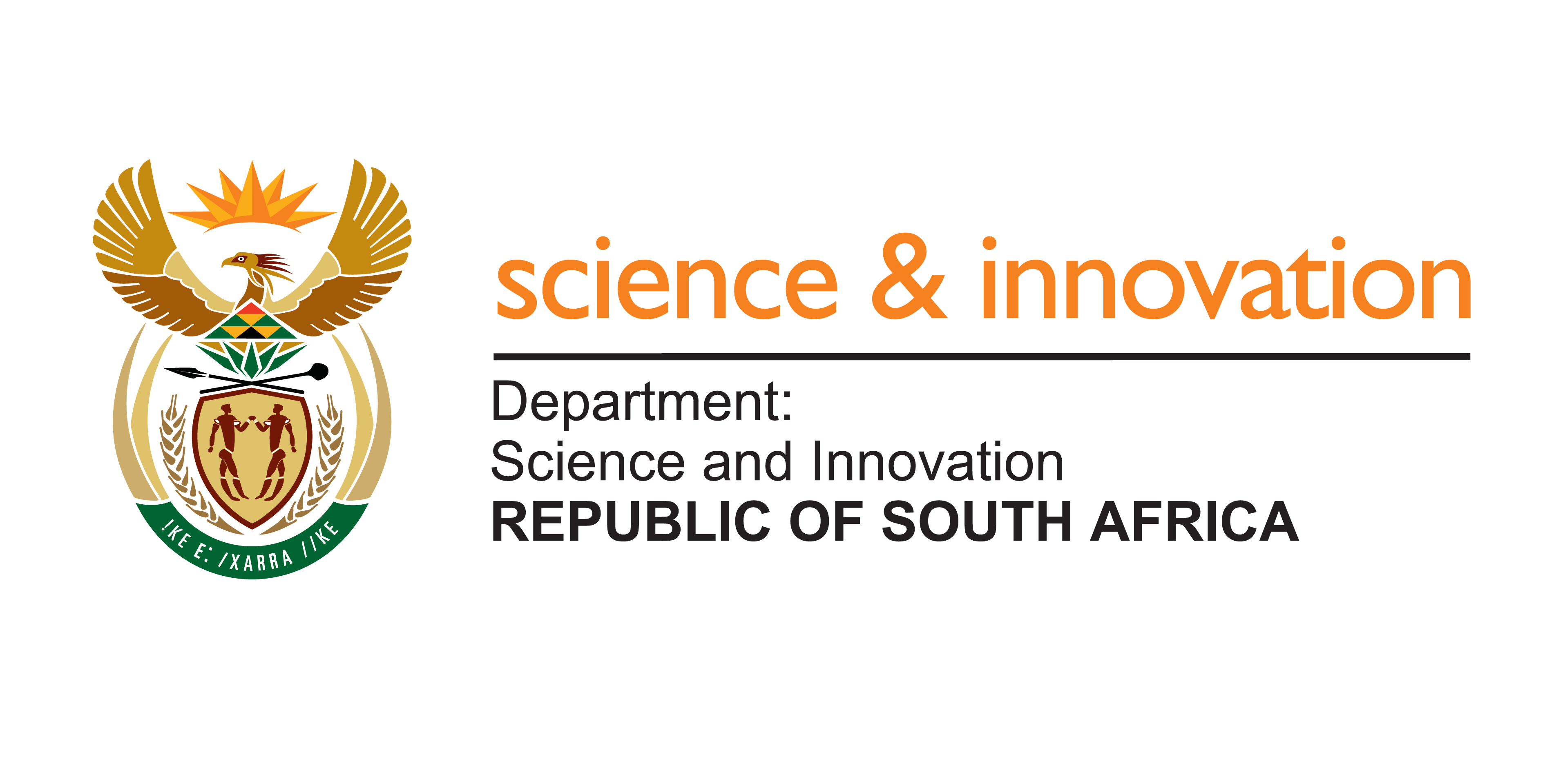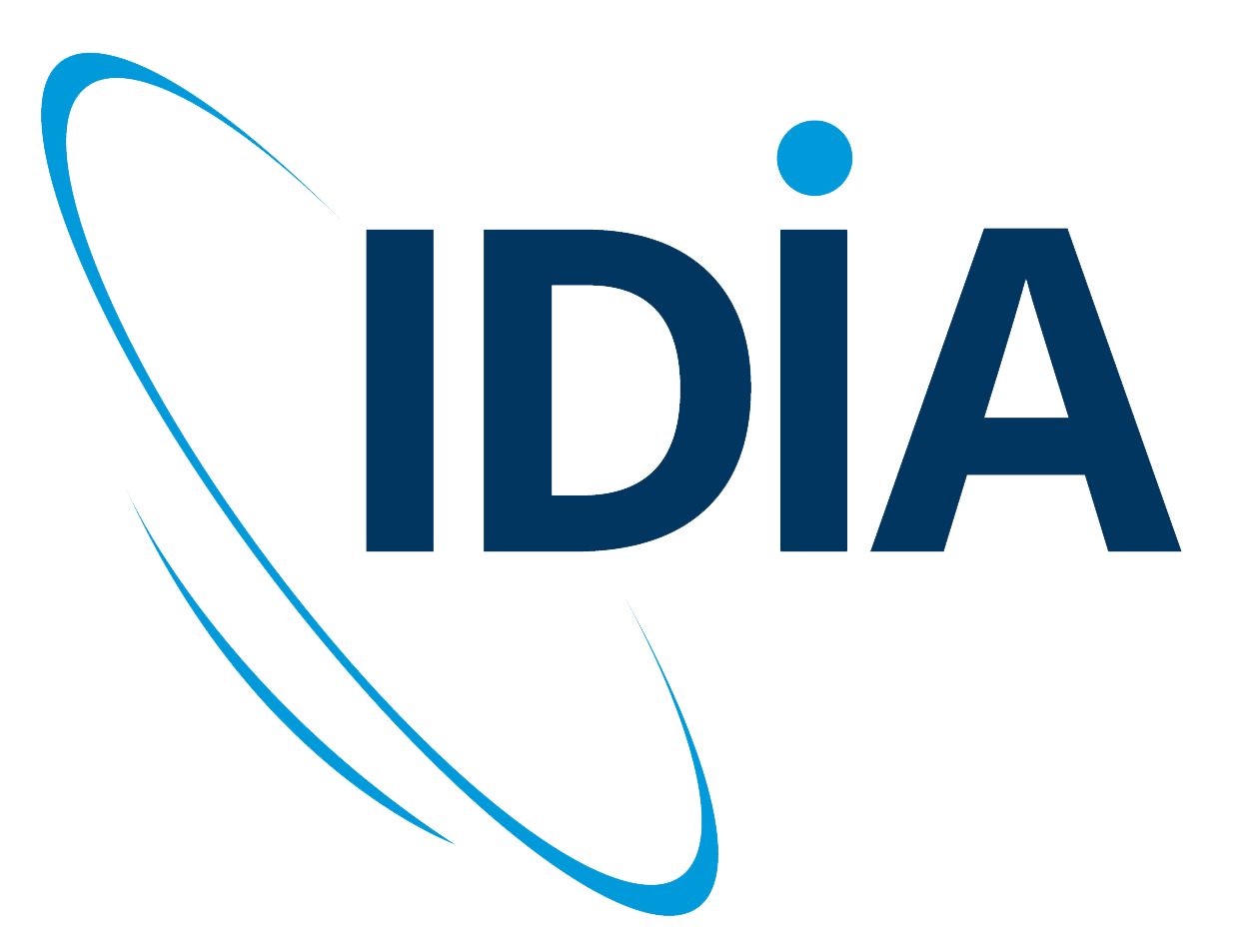Data Science Skills Exposure Hackathon Guidelines
The following guidelines and resources were created to aid the planning of a data science skills exposure hackathon, as part of the hackathon programme initiative of the IAU Office of Astronomy for Development under the “Knowledge and Skills from Astronomy” flagship in collaboration with IDIA and DARA Big Data, who are all partners of the Hack4dev project. These guidelines are the result of the experience gained and lessons learned from running hackathon events since 2020. Other hackathon events may take different formats, these are simply guidelines which can be adapted accordingly.
Outline
- Background
- What is a Data Science Skills Exposure (DSSE) hackathon?
- Requirements Overview
- What are the actions required to run a DSSE hackathon event?
- Detailed Guidelines
- Optional Post-Event Actions
- DSSE Hackathon Resources
Background
The hackathons that have been carried out as part of the programme have targeted university students (both undergraduate and postgraduate) as well as young professionals who have a keen interest in data science and machine learning and are equipped with Python programming skills (a basic level is sufficient). However, the content of the hackathon would benefit anyone looking to gain exposure to data science and machine learning techniques, as well as hands-on experience working on a project that makes use of these skills. Events such as these can be organised by anyone, be it a faculty member, student, postdoc, or administrator at a tertiary education institution, a high-school teacher, or a member of a coding group/club. All the resources necessary to run a hackathon are available in the ‘Resources’ section below. These resources are described in the guidelines that follow, along with other suggestions, details and points to consider when implementing such an event.
With the technological advances resulting from the Fourth Industrial Revolution (4IR), there is now a vast amount of data that can be valuable in both academic and industry pursuits. The growing need for individuals who can analyse and interpret large amounts of data has led to a surge in opportunities in the data science field. From data engineers to machine learning specialists, these skills are now highly sought after by most companies in industry and are becoming increasingly valuable in academia. The demand for professionals in the field is therefore high and is expected to continue to grow in the future. Gaining exposure to the skills and techniques of the field can therefore be a crucial opportunity for students and working professionals to access the abundance of opportunities in the data science space.
NB: All code in the hackathon tutorials is written in Python and is therefore aimed at individuals who have experience in Python programming.
What is a Data Science Skills Exposure (DSSE) hackathon?
The aim of a DSSE hackathon is to provide exposure to data science and machine learning, and some of the techniques involved, in a friendly and supportive environment. Participants at the hackathon work on interesting real-world problems which are data-driven. The hackathons are usually aimed at final-year undergraduate students, postgraduate students, as well as young professionals in Science, Technology, Engineering & Mathematics (STEM) fields who have a keen interest in data science and machine learning, and who would benefit from further exposure and hands-on experience. There is a diverse range of projects (“hacks”) which are available for hackathons, some related to development, e.g. flood detection using satellite images, and others related to academia, industry and commercial applications.
A conventional, tech-related hackathon is an event at which computer programmers, and sometimes others involved in software development, come together to innovate and problem-solve over a short period of time, typically two to three days. The competitive aspect is usually a big factor of traditional hackathons and can result in a tense, high-pressure environment, but this need not be the case! See this resource created by Open Data Day on how to run a successful hackathon of the conventional kind. The focus of a DSSE hackathon is on learning rather than competing or solving a difficult problem. The desired outcome is to pique or deepen interest in the field of data science and machine learning and boost the confidence of participants in their ability to enter this field. This wider outlook on their study and/or career options could then be a stepping stone to allow for access to a greater number of job/internship opportunities going forward, as well as create a pipeline into programmes which are more technically advanced, such as the Deep Learning Indaba in Africa.
Summary of the objectives of a DSSE hackathon:
- Provide exposure to techniques used in data science and machine learning through hands-on experience working with real-world projects
- Broaden study/career prospects
- Encourage peer learning
- Development of skills such as leadership, teamwork and presenting
- Encourage further participation of females in the field of data science
Requirements Overview

What are the actions required in order to run a DSSE hackathon event?
Below is a checklist of the suggested actions required in order to implement a DSSE hackathon. The actions checklist is chronological and colour-coded according to the 5 sections of the requirements diagram above.
NB: Detailed guidelines for these actions follow in the next section.
- Establish a team of organisers and tutors for the event
- Determine your target audience and objectives for the event
- Based on your objectives, determine the duration of your event, i.e. a 3-day hackathon or a 5-day school/workshop.
- Prepare a list of budget items and secure any necessary funding. NB: A minimal budget, i.e. making provision for just catering and prizes, can be used in cases where funding is limited.
- Secure a venue for the event: e.g. A school, tertiary institution or a private venue potentially offered by a local partner/funder.
- Ensure that participants have access to computers or that they can bring their own.
- Determine which hackathon project/s (hacks) you will be running at your event
- Ensure that participants will have access to the required computing resources, i.e. such as cloud computing.
- Confirm tutors for the hackathon
- Secure catering for the event (lunch and tea breaks)
- Decide on selection criteria for participants of the event and make these clear in the call for applications and event advertising
- Send out a call for applications at least 6 weeks prior to the start of the event
- Identify potential speakers: speakers could give an overview of data science, machine learning, or applications of these in industry/academia.
- Decide on selection criteria for participants and notify successful applicants at least two weeks before the event and send out any necessary preparatory resources
- Conduct a tutor training session on the chosen hackathon projects at least two weeks prior to the event and a check-in meeting the week before the event
- Secure prizes for the top 2 or 3 teams
- Assemble a judging panel
- Finalise the event programme at least one week prior to the event and send out to all invited speakers and participants.
- After the event, send out a feedback survey to assist in the analysis of the impact of the event and aid in the planning of future events
- Share resources that participants can use to further their knowledge of data science and machine learning
Detailed Guidelines:
People:
There are many people involved in the planning and running of a hackathon event, from the organising team, tutors, and tech support to the participants themselves. Below are a few guidelines on this most important resource and the relevant responsibilities/requirements.
Organisers
It is advised that a dedicated team responsible for planning and implementing the hackathon should be established from the onset. You may require a team of a few individuals, where each is able to carry out particular tasks, e.g.
Administrative – Event advertising, participant communication
Technical – Sourcing speakers and tutors, access to compute infrastructure, deciding on a project
Logistical – Venue, transport, catering
Participants
The target audience of a skills exposure hackathon could consist of high school or university students, working professionals, university lecturers, or even a mixture thereof! The only requirements are a working knowledge of Python programming and a keen interest in data science and machine learning.
- Determine your target audience who would benefit from the planned event, i.e. would the school/workshop/hackathon be targeted at students (if so, at what level), educators, working individuals who would benefit from upskilling, or a combination thereof?
- Participants should have some level of Python programming experience. In cases where the target audience does not meet this requirement, please see the links to learning resources for Python in the “Resources” section below which can be shared with participants ahead of the event.
- If a selection process is necessary, the following selection criteria can be used to determine the successful applicants:
- Their level of interest in data science and machine learning
- A strong motivation for attending the event
- What they hope to learn/gain by attending the event, i.e. to ensure that what they hope to learn/gain is in line with what is being covered in the introductory talks or the hackathon projects.
Tutors
In order to run a DSSE hackathon where participants receive ample guidance, tutors are required to assist participants with the hackathon tutorials and the hackathon task. A ratio of one tutor for every two hackathon teams (consisting of 4-5 participants) is favourable to ensure that tutors are not overloaded and that participants receive assistance timeously.
- Tutors should be familiar with Jupyter Notebooks, have ample Python programming experience and have some prior experience in the application of machine learning techniques (if it is used in the chosen project/s).
- Tutors must be willing to commit ~ 3-5 hours of preparation before the event to go through the hackathon tutorials and ~ 8-10 hours per day during the hackathon. The nature of the hackathon is such that it demands a lot of work from participants in a short space of time; a similar demand will therefore also be experienced by the tutors should the participants need assistance.
- Tutors should work through project tutorials and respective training videos from ~2 weeks prior to the event to ensure that they understand the content and are able to run the tutorials successfully.
- Tutors should familiarise themselves with the computing platform on which the hackathon project/s will be run and ensure that they are able to successfully run all tutorials.
- In the case of virtual events, tutors are encouraged to use platforms such as Slack, Zoom, Discord and WhatsApp groups in order to aid participants.
- Due to hackathon time constraints, it is recommended that tutors assist participants in understanding the purpose/function of the code in the tutorials, rather than focusing on syntax.
- Tutors should also urge their teams to complete the project tutorials in the time allotted according to the event programme so that sufficient time remains to work on the hackathon task.
- Tutors may need to keep an eye on teams throughout the event to ensure that they are working well together and to encourage team members who are not contributing as much, which may stem from a lack of confidence.
Judges
The judging panel may comprise members of the organising team, the event tutors, the invited speakers for the event or even specially invited guest judges from the institution at which the hackathon is hosted.
Judging criteria: These criteria should be determined by the judging panel and shared with the hackathon teams prior to preparing their presentations. Possible criteria include:
- Creativity
- Teamwork
- Presentation skills
- Clarity of slides and graphs
- A demonstration of an understanding of the techniques used
Speakers
If suitable, a few presentations can be given at the opening of the event. These are usually introductory/overview talks on data science and machine learning, or the application thereof in academia and/or industry. Whether given by fellow students, academic staff or industry experts in the field, the talks contribute to the participant’s awareness of the many applications of data science and machine learning.
The number and duration of talks should be limited such that they do not eat into one of the most important resources in a hackathon – time! Participants will require sufficient time to work through their tutorials and tackle the hackathon task.
Tech Support
It is recommended that individuals who are able to provide technical assistance are on standby at the chosen venue, should there be any issues related to the computers participants are working on, the internet connection, projector setup or anything tech-related.
Technical Requirements:
Of course, a data science hackathon event necessitates access to computers, a reliable internet connection and, possibly, to computing resources with greater processing power than that found on the average laptop computer, depending on the chosen hackathon project/s.
Computers
Hackathon teams should ideally be given access to a computer lab for the event or asked to bring in their own devices. Even though the participants work through the tutorials and tasks in teams, it is most beneficial for each participant to have access to a computer/laptop so that each participant has the ability to run and manipulate the code first-hand and enhance their learning.
Internet
In the case of virtual hackathons, or in-person hackathons where the code will be run on a cloud computing platform, participants should have access to a reliable internet connection with speeds of at least 4 Mbps
Cloud computing
- Should the chosen hackathon project indicate that the use of cloud computing is recommended, participants may make use of the Google Colab computing platform. Colab is a free Jupyter Notebook environment that runs entirely in the cloud. It does not require any prior setup and the notebooks that you create can be simultaneously edited by others. Colab supports many machine learning libraries which can be easily loaded in the Jupyter Notebook.
- Organisers may also contact the Inter-university Institute for Data Intensive Astronomy (IDIA – hack4dev@idia.ac.za) for possible computing support through the use of their research cloud facility. It is this cloud computing technology that was used to support the schools and the hackathons of this programme. Virtual machines on the Ilifu cloud are made available for the hackathons to fulfil their computing needs and participants work on the hackathon project on a Jupyter notebook interface.
Projector and screen
This equipment, along with the necessary audio-visual setup may be necessary for any introductory talks included in the event, as well as for the team presentations session.
Format:
Data Science Skills Exposure hackathons can be run over a period of 1-3 days, depending on the average level of Python and data science/ML experience of the participants attending, as well as the difficulty level of the hackathon projects being run at the event. Some projects are less technical and could be run in 1 day, whereas others which make use of deep learning, for example, would require more time to allow for participants to work through the tutorials and grasp concepts. The hackathon may also be held as part of a larger event, such as a conference, workshop, or school at which lessons and/or talks related to data science and machine learning are delivered. Hackathons are intense by nature, in that participants will cover a lot of content and problem-solving in a short space of time. It is therefore important to follow a well-structured programme. An example programme can be downloaded from the ‘resources’ section below.
- If time allows, a small number of presentations which provide an overview/introduction to data science and/or machine learning and its applications may be included in order to ensure that all participants are aware of basic terminology and concepts, as well as the value of these skills, be it in academia or industry. It is recommended that presentations be kept to a minimum so as to not take attention and focus away from the hackathon activities.
- At the start of the hackathon participants will work through tutorials that have been created for each project, before tackling the project ‘task’, while receiving support from tutors who are familiar with the material and concepts.
- Participants work in teams of 4-5 individuals. It is recommended that teams be assigned such that each team is as diverse as possible (e.g. in terms of skill level, academic background/working profession, the tertiary institution at which they study, nationality if applicable, gender, etc). Having diverse teams will usually allow for better peer learning and the development of soft skills such as teamwork, communication and collaboration.
- Nearing the end of the event, teams may prepare short presentations (~5 – 10 minutes for each team) summarising their hackathon project task, the data they worked with, their methods, results and conclusions.
Presentation guidelines: the expectations with regard to the team presentations should be clearly outlined before the teams begin their preparations. In addition to discussing solutions, showing their understanding of the techniques used, or demonstrating the accuracy of their solutions, it is also useful for teams to discuss the challenges faced and possible ways to tackle these going forward. - The judging panel may each score the teams or identify their top three choices. After deliberation, a winning and runner-up team is identified and certificates and prizes may then be awarded where possible.
- It is often useful to allow for time at the end of the official hackathon for an “Ask Me Anything” session at which participants, organisers, tutors, invited speakers and judges can have discussions around the field of data science and machine learning, the hackathon itself, or perhaps just general career advice.
Administration:
- In cases where the event is not targeting a pre-selected group of individuals, e.g. all Honours and Masters students in the University’s Physics department, a poster/advert containing all relevant information can be created and disseminated via mailing lists and/or social media in order to attract suitable applicants
- A detailed application form should be created to ensure that all necessary information is captured for each applicant. This could include personal information, e.g. academic background/field or work (state the policy regarding the protection of personal information and ensure transparency regarding the use of this information), information regarding their existing knowledge/experience and, most importantly, their level of interest in data science and machine learning, motivation for attending such an event and what they hope to learn/gain. An example registration form can be downloaded from the ‘resources’ section below.
Optional Post-Event Actions:
- Follow up with participants after the hackathon to gather feedback and evaluate the success of the event. This feedback can be used to improve future hackathons. Feedback surveys may be used to determine the following:
- The areas of data science and machine learning in which participants feel they have gained experience or knowledge
- Aspects of the event that worked well and those that did not
- Whether or not the event has impacted the participants’ view of their study and/or career options
Example pre- and post-event surveys can be downloaded from the ‘resources’ section below
- Organisers may create an alumni network of participants who have attended DSSE hackathons. This can be in the form of a mailing list, LinkedIn page, Facebook group, etc. Creating an alumni network can offer several benefits, including:
- Networking opportunities: An alumni network can provide a platform for participants to connect with one another, share experiences and knowledge, and build professional relationships that can help them in their careers.
- Access to useful information/resources: The network can allow for the sharing of resources such as employment/internship opportunities, mentoring programs, training materials, and industry events that can help participants to continue developing their skills, stay up-to-date with the latest trends of the field and advance in their careers.
- Brand building: An alumni network can help to build the brand of the institution/organisation that hosted the skills development event, as participants who are satisfied with their experience are likely to spread the word and recommend the organisation to others.
- Long-term impact assessment: Alumni networks can be a valuable source of feedback as participants can provide insights into what (if any) impact the event had on their academic path and/or career.
- Building a data science/machine learning community: Creating an alumni network can help to create a sense of community among participants and support ongoing learning and career development.
DSSE Hackathon Resources:
In addition to the hackathon projects, the following resources have been collated in order to aid the implementation of a hackathon event.
- Event Programme (example)
- Surveys:
- Project intro videos have been created for each hackathon project. These are “walkthrough” videos which provide an overview of the project and highlight any “pressure points” of the project and how to aid participants in tackling these.
- Recorded talks on topics in data science and machine learning are available on the Hack4dev YouTube channel and may be utilised at the event for the benefit of the participants.
- Participant preparatory resources: these resources may aid participants in their preparation ahead of the hackathon and may be circulated to all participants approximately two weeks prior to the event. The resources cover aspects of Python programming, as well as a basic introduction to certain machine learning concepts.
- There is a multitude of free Python programming and other Data Science learning resources available online. We have listed some of these resources below. These can be shared before or after the hackathon in order for participants to develop their Python skills or to enable and encourage participants to continue their journey into data science and machine learning, like:
Good luck organising your event! Let us know at hack4dev@idia.ac.za if you plan to run an event based on these resources and guidelines, or get in touch with us if you have any questions.








